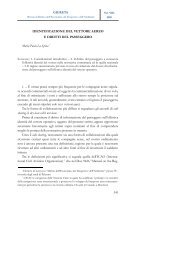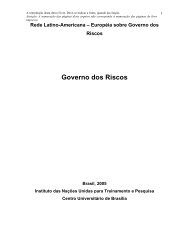YEARS OF EUROPEAN ONLINE ANNÉES DE EN LIGNE ...
YEARS OF EUROPEAN ONLINE ANNÉES DE EN LIGNE ...
YEARS OF EUROPEAN ONLINE ANNÉES DE EN LIGNE ...
You also want an ePaper? Increase the reach of your titles
YUMPU automatically turns print PDFs into web optimized ePapers that Google loves.
LEGAL ONtOLOGIES<br />
In informatics, ontologies (Gruber, 1993) constitute an explicit formal<br />
speciication of a common conceptualisation with term hierarchies, relations<br />
and attributes that make it possible to reuse this knowledge for automated applications.<br />
the formalisation must be on the one hand suficiently powerful<br />
with regard to knowledge representation, and on the other hand must offer<br />
functionalities for automation as well as tools to be produced automatically<br />
(for lexically based ontologies, see hirst, 2004). thus, a legal ontology is a data<br />
model of the legal order.<br />
Ontologies in law have some particularities due to the legal domain and its<br />
language. this legal text corpus is not inherently structured and a formal taxonomy<br />
does not exist. Legal structuring as such is done by lawyers, in their<br />
minds, and presented and made explicit in their argumentations and writings.<br />
As a product of this process, a legal commentary is considered as the highest<br />
level of this endeavour. the understanding of logic remains also quite different<br />
from the formal logic of computer science: its open legal concepts, inherent<br />
dynamics of law, system models and syntactic ambiguities provide strong impediments<br />
to formalisation.<br />
the motivation for the creation of legal ontologies is evident: common use<br />
of knowledge, examination of a knowledge base, knowledge acquisition, representation<br />
and reuse of knowledge up to the needs of software engineering<br />
(Bench-Capon and Visser, 1997).<br />
wAyS tO LEGAL ONtOLOGIES<br />
As legal concepts constitute the basis for legal ontologies, all endeavours<br />
for semantic representations or the development of thesauri can be seen as<br />
preliminary works. the Semantic web, word nets and conceptual indexing<br />
provide some insights into the proper strategy to achieve a suficiently developed<br />
legal ontology.<br />
As today’s web is mostly text-based, additional semantic data might<br />
bring methods that could be used for the similar task in law. the Semantic<br />
web can be considered as an extension to the current web in providing a<br />
common framework that allows data to be shared and reused ( 5 ). According<br />
to tim Berners-Lee, the Semantic web is ‘not a separate web but an exten-<br />
( 5 ) website: http://www.w3.org/2001/sw/.<br />
01_2007_5222_txt_ML.indd 140 6-12-2007 15:14:02



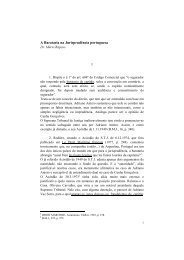
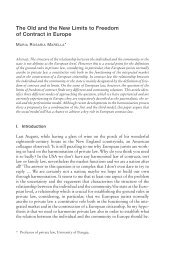

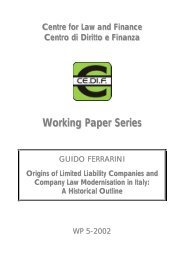
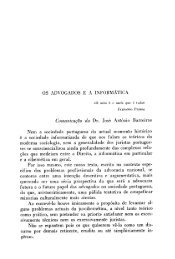
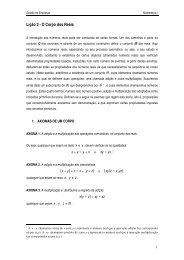

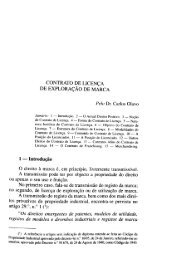
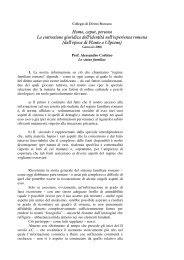
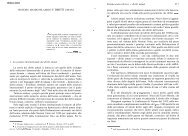

![Luigi Sapio Nozione di islām La parola “islām” [ ] è il mas.dar1 ...](https://img.yumpu.com/15836073/1/185x260/luigi-sapio-nozione-di-islam-la-parola-islam-e-il-masdar1-.jpg?quality=85)
